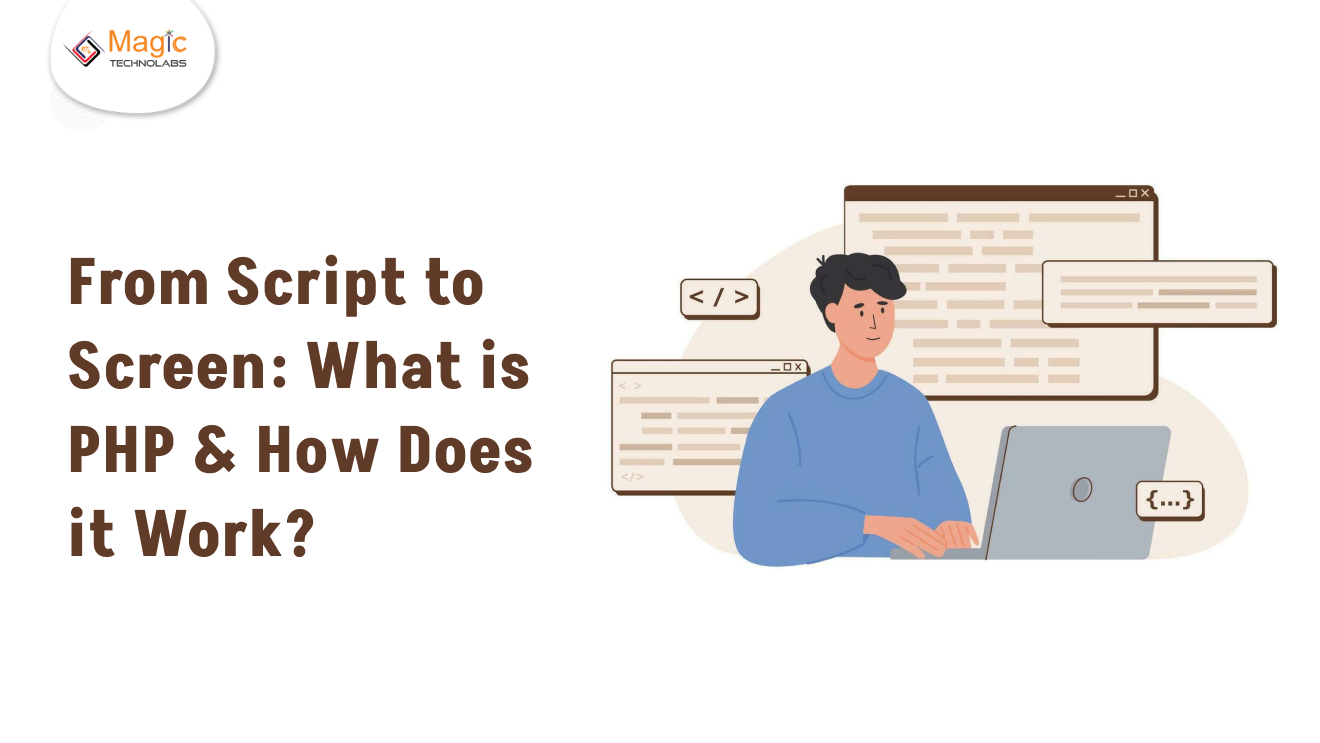Have you ever wondered what goes on behind the scenes of your favorite dynamic websites? The ones that greet you with personalized messages, allow you to login and interact, or display ever-changing content? The secret ingredient is often PHP, a powerful scripting language that bridges the gap between static webpages and interactive experiences.
What is PHP?
PHP stands for Hypertext Preprocessor. In simpler terms, it's a set of instructions written in a specific code that web servers understand. Unlike static HTML pages, which display the same content for everyone, PHP allows websites to be dynamic.
How Does it Work?
Imagine a website as a restaurant menu. A static HTML page is like a pre-printed menu – it shows the same dishes to every customer. PHP, on the other hand, is like a chef who can personalize your experience. Here's a simplified breakdown:
User Requests a Page: When you visit a webpage with PHP code, your web browser sends a request to the server.
Server Parses the Code: The server receives the request and identifies the PHP code within the webpage.
PHP Generates Content: The server then executes the PHP instructions, which might involve:
Accessing databases to retrieve information specific to you (like login details).
Performing calculations or manipulating data to create dynamic content.
Interacting with other applications or services.
HTML & Content Merge: Once the PHP code finishes executing, the server combines the generated content with the static HTML elements of the webpage.
Final Webpage Delivered: Finally, the complete webpage is sent back to your web browser, and you see the interactive, personalized content come to life!
Why Use PHP?
Here are some reasons why PHP is a popular choice for web development:
Easy to Learn: Compared to other programming languages, PHP is considered beginner-friendly with a relatively simple syntax.
Free & Open-Source: There's no cost to use PHP, making it accessible to anyone who wants to learn and build dynamic websites.
Widely Supported: Most web hosting services support PHP, making it a practical choice for web development projects.
Powerful Features: PHP offers a vast array of functionalities, allowing developers to create complex and interactive web applications.
From Script to Screen:
By understanding the basics of PHP, you gain a deeper appreciation for the inner workings of the web. Whether you're a curious website owner or an aspiring web developer, learning about PHP opens the door to a world of possibilities. So, the next time you visit a dynamic website, remember, it's not just magic – it's the power of PHP at work, transforming scripts into the interactive experiences we enjoy online.
















